Health Insurers Hike Prices Amid Congressional Gridlock, Bracing for Customer Losses
The nation's health insurers have increased prices for Affordable Care Act (ACA) coverage by 20-25% on average, with some hikes reaching as high as 100% or 300% in certain regions, according to an analysis of major publicly traded health insurance companies. This significant price increase comes as the federal government shutdown enters its fourth week, with Congress yet to reach an agreement on extending tax credits for ACA enrollees.
The price hikes are a result of the uncertainty surrounding the tax credits, which are a crucial component of the ACA. The tax credits help low- and moderate-income individuals afford health insurance premiums, and their extension is essential for many consumers. Without a clear resolution, health insurers are left to adjust their pricing strategies, which in turn affects consumers.
According to the analysis, the average price increase for ACA coverage is 22.5%, with some insurers hiking prices by as much as 30%. This is a significant jump from previous years, when price increases averaged around 10-15%. The price hikes are not limited to a specific region, with major insurers in both urban and rural areas experiencing significant increases.
The market impact of these price hikes is substantial. Many consumers are likely to be priced out of the market, leading to a decline in enrollment. A study by the Kaiser Family Foundation found that a 10% increase in premiums can lead to a 2-3% decline in enrollment. With price hikes of 20-25%, the impact on enrollment is likely to be even more pronounced.
The nation's health insurers are bracing for losses as a result of these price hikes. Insurers are concerned that consumers will opt for cheaper, lower-quality plans or even forgo coverage altogether. This could lead to a vicious cycle of increasing prices and declining enrollment, ultimately harming the insurers' bottom line.
The industry's largest players, such as UnitedHealth Group and Anthem, have been increasing prices in anticipation of the tax credit uncertainty. UnitedHealth Group, for example, has raised prices by an average of 25% in several states, while Anthem has increased prices by an average of 22% in its major markets.
The Congressional gridlock surrounding the tax credits has created a challenging environment for health insurers. Insurers are caught between the need to adjust their pricing strategies to reflect the uncertainty and the risk of losing customers who cannot afford the increased premiums. The industry is urging Congress to reach a resolution on the tax credits, which would provide much-needed stability and certainty for insurers and consumers alike.
As the open enrollment period for individual coverage under the ACA continues, consumers are likely to face a difficult decision: pay higher premiums or opt for cheaper, lower-quality plans. The outcome will have significant implications for the health insurance industry, with potential losses for insurers and a decline in enrollment.
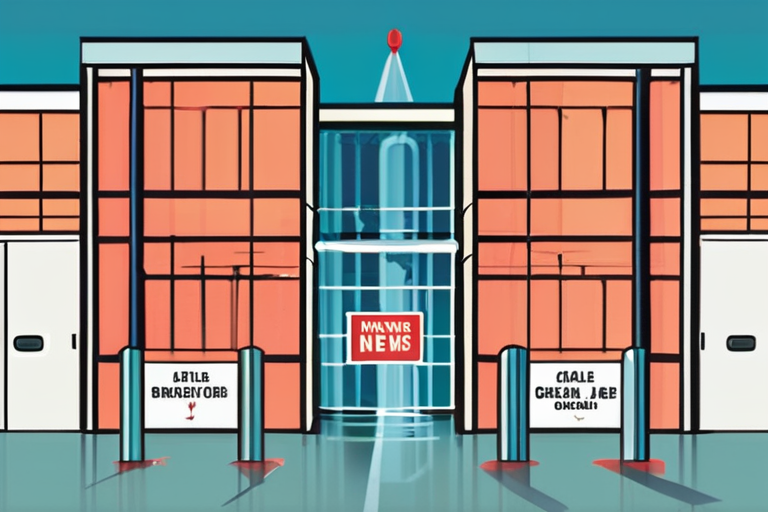


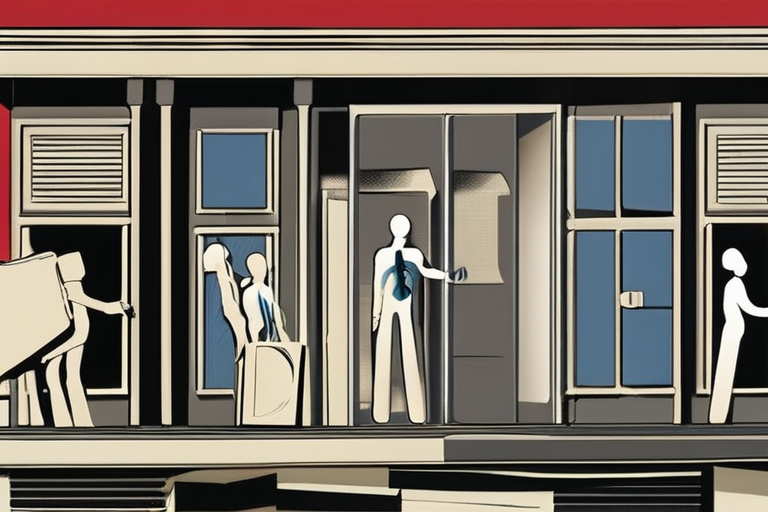
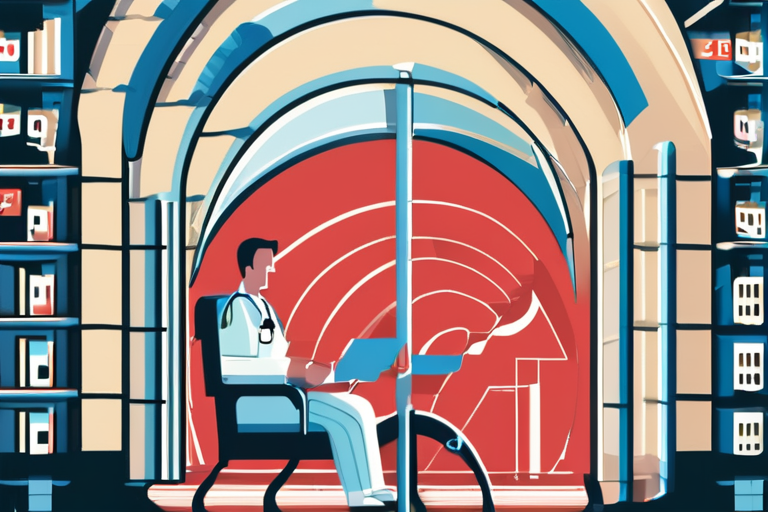
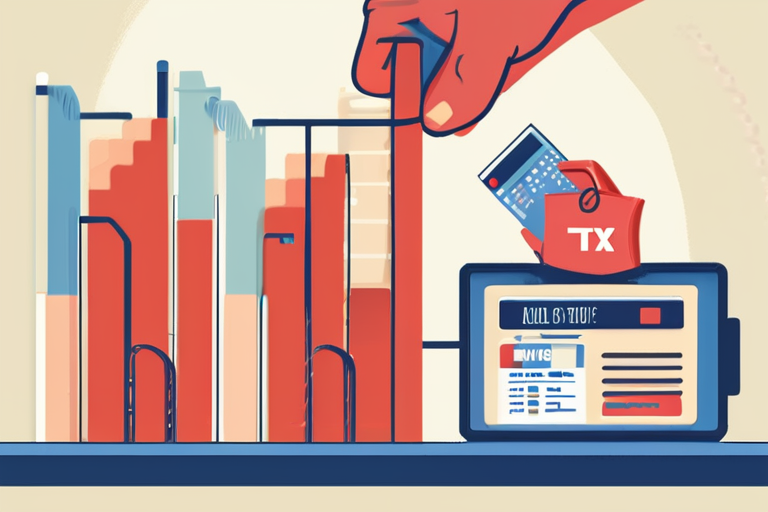
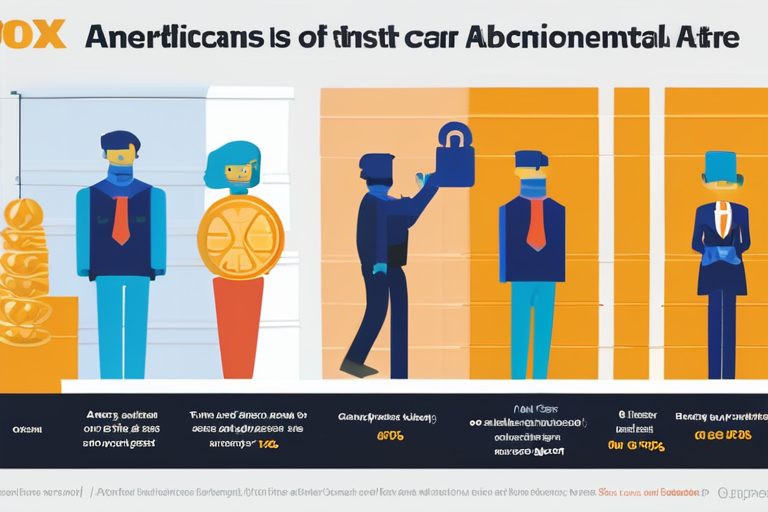

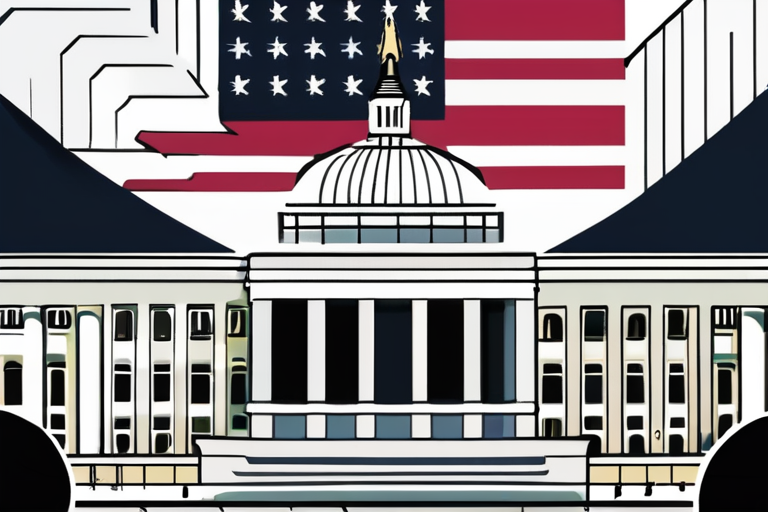

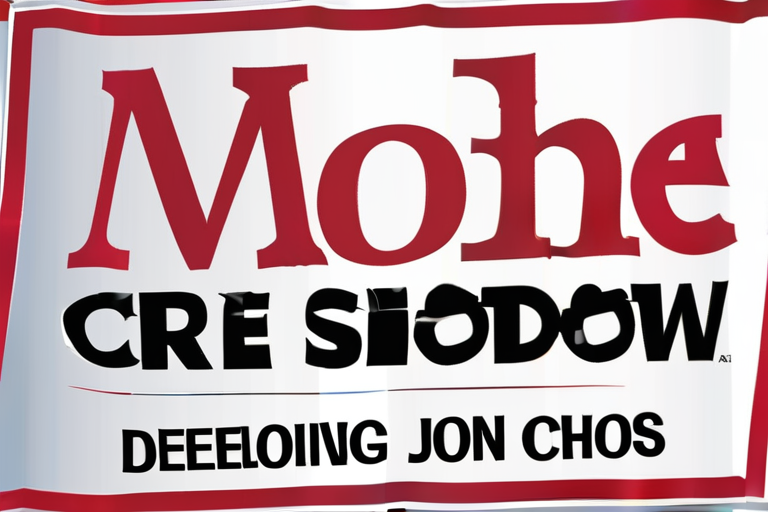
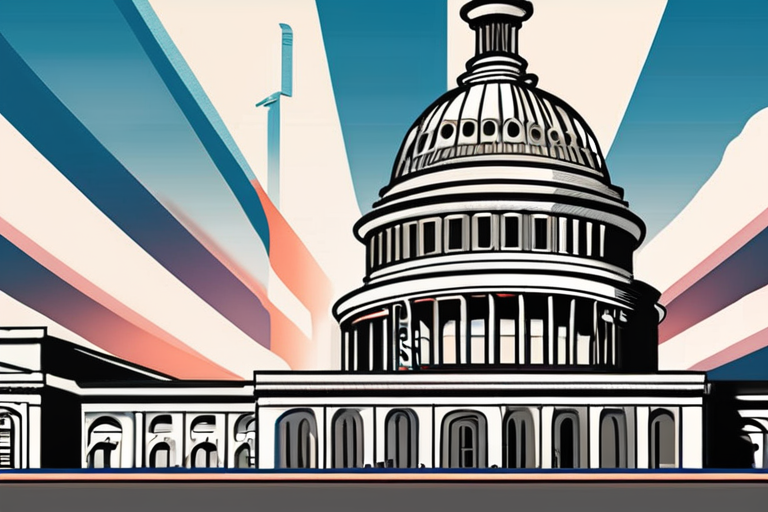
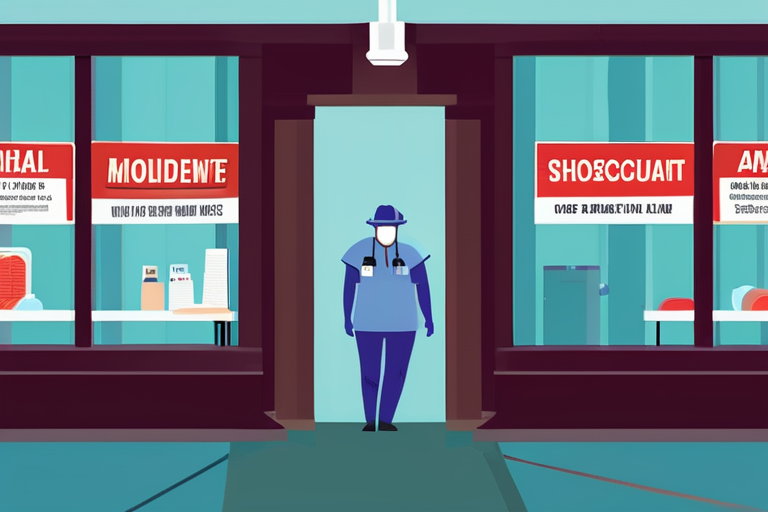

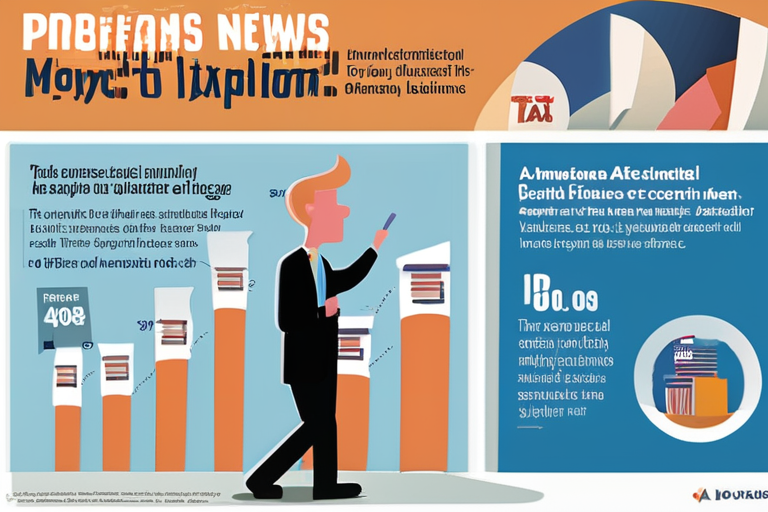
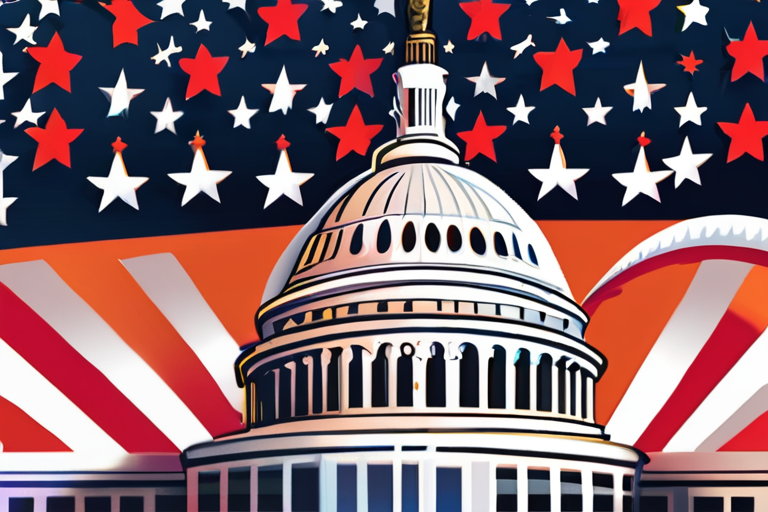

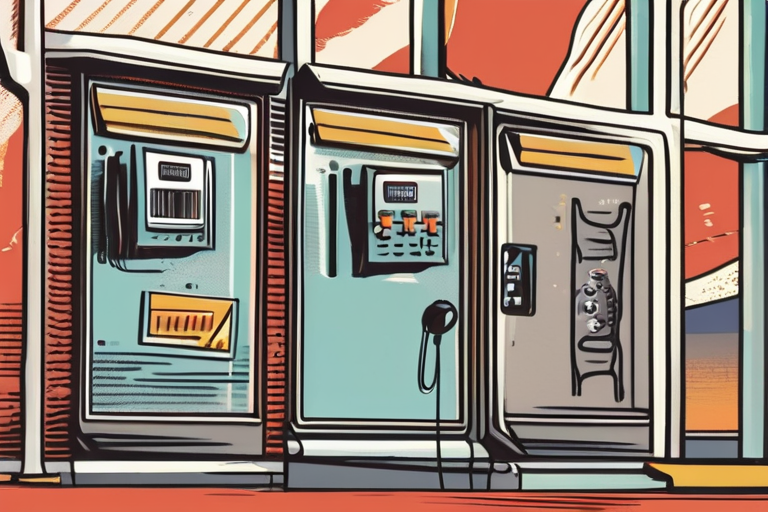

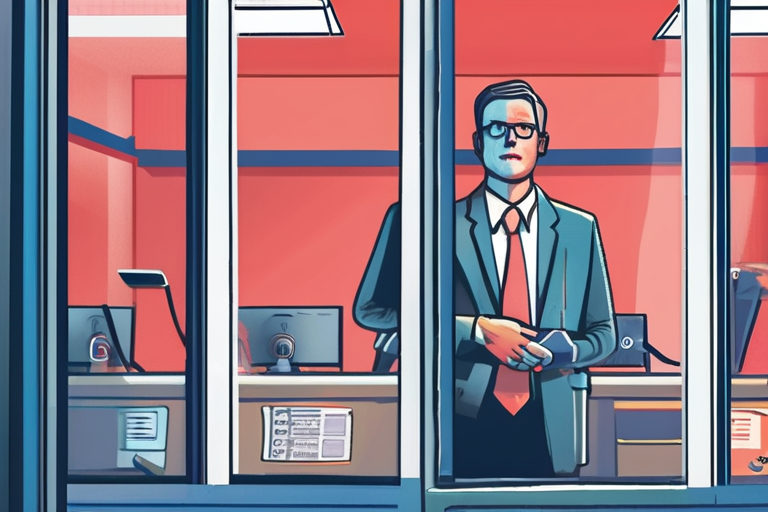
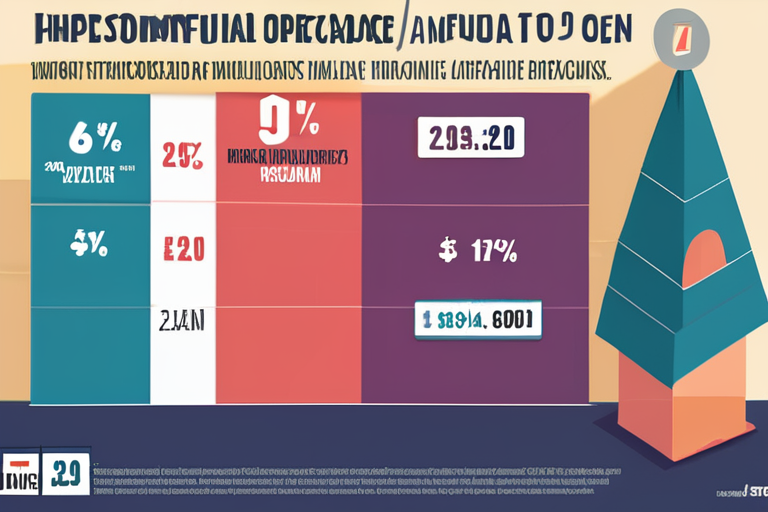





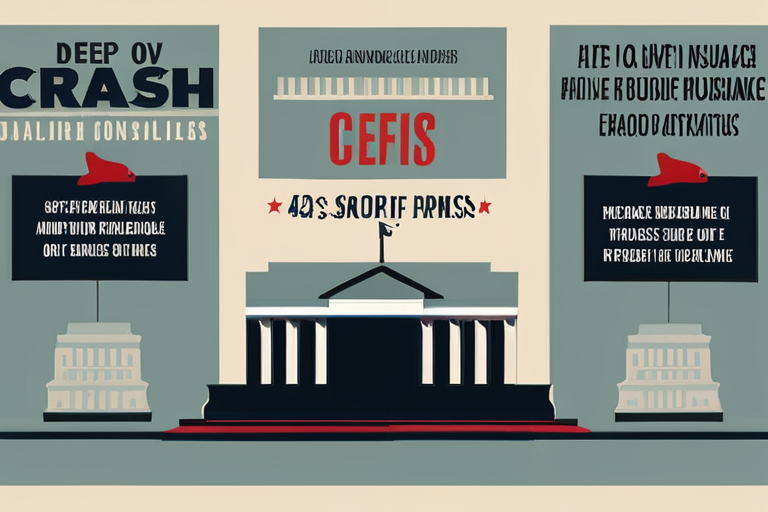
Share & Engage Share
Share this article